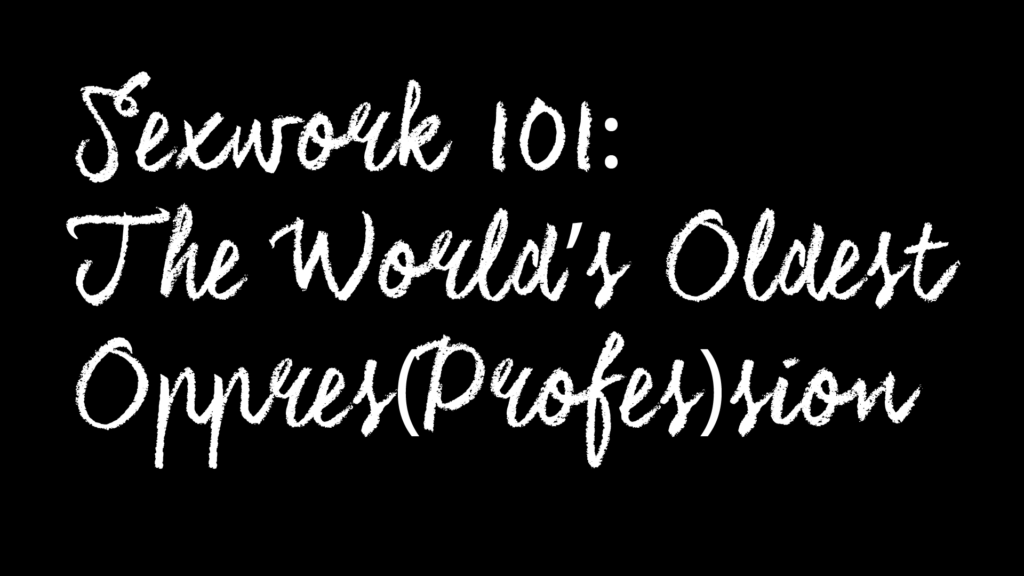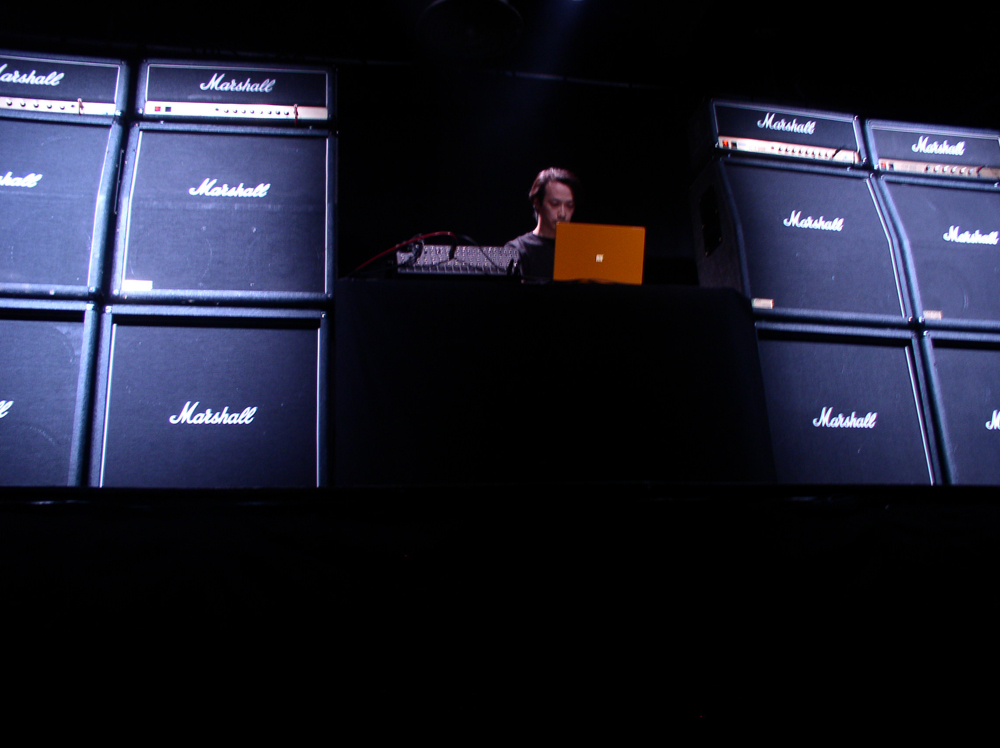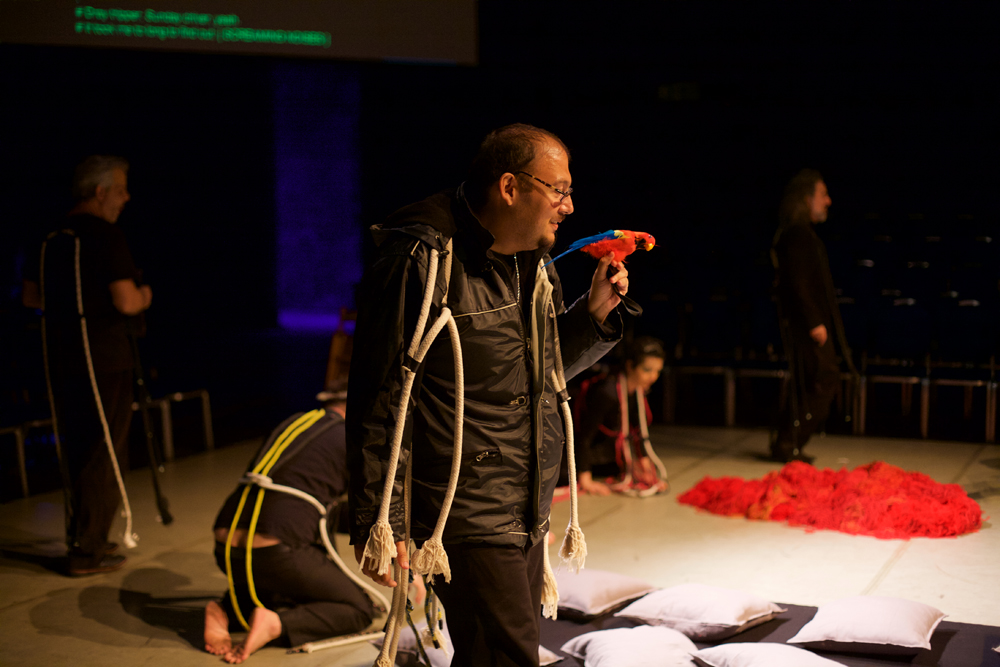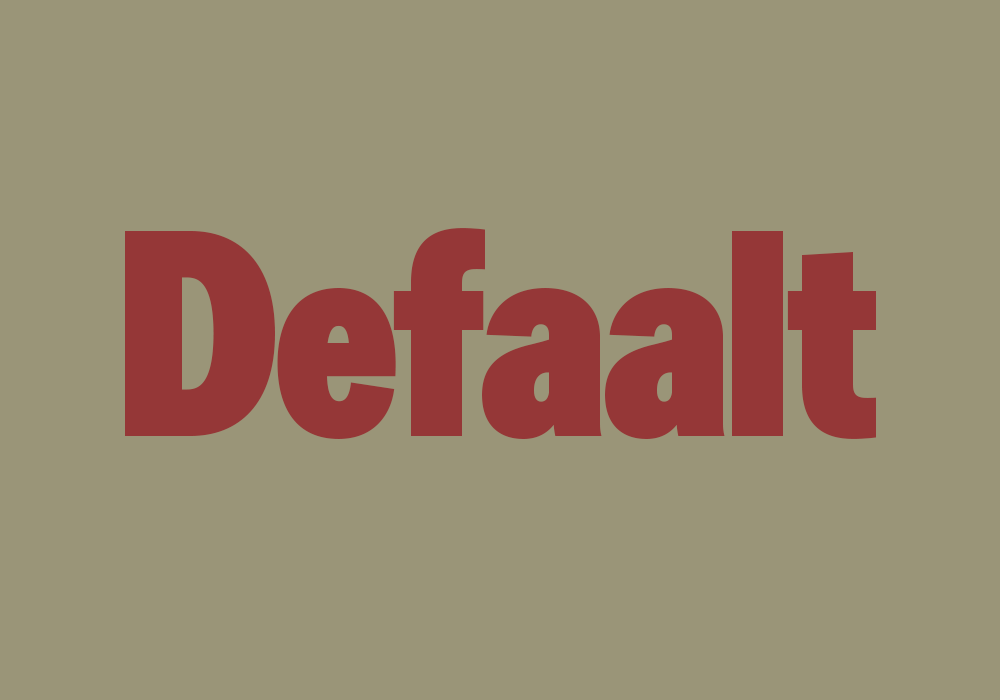
Argument – We would argue: an ante/post discussion group
Gil Leung Ian White
Ian and Gil will host a discussion on the Argument project’s social and political commentaries, and with you try and maybe think through whether and how they might still have some currency today: what’s changed and what’s stayed the same?













